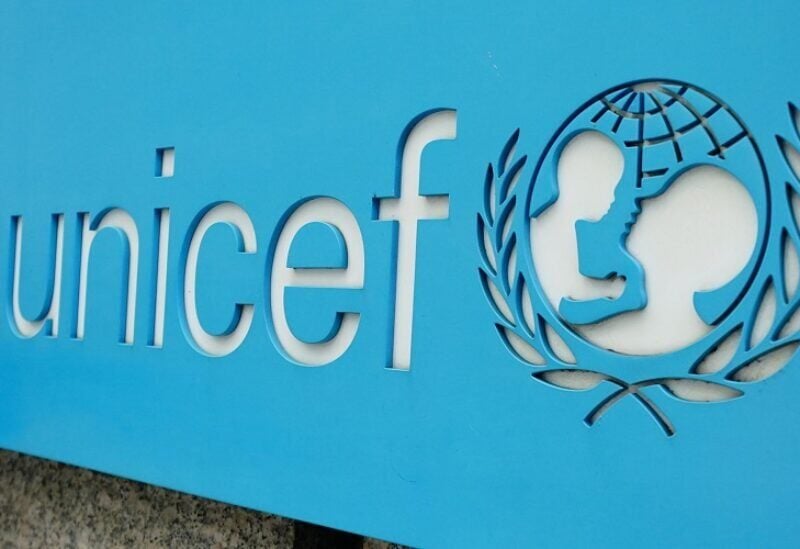
Unicef
In a report, the United Nations Children’s Fund (UNICEF) warned about the future of children in Lebanon due to the worsening of the economic collapse and its effects on them, such as a lack of nutrition and health care, as well as an increase in the rate of employment.
“The scale and depth of the crisis are supposed to be a wake-up call for everyone to take action immediately,” said Yuki Muko, UNICEF’s Representative in Lebanon.
The organization’s six-month study revealed that “hundreds of thousands of children in Lebanon are at risk,” citing a “dramatic decline in the lifestyle of Lebanese children,” while refugee children continue to suffer “great damage.”
According to the organization’s report, “the future of an entire generation of children in Lebanon is threatened.”
According to the study, 53% of families with at least one child skipped a meal in October, compared to 37% in April. Three out of every ten families have had to cut education costs.
On the impact of the crisis, many children found themselves facing one option, which is to work, according to the report, which indicated that the number of families that sent their children to work increased from nine to 12%, and the proportion of Lebanese families has increased about sevenfold.
The crisis had repercussions on children’s health, as 34% did not receive the health care they needed in October, compared to 28% in April.
The Covid-19 epidemic and the Beirut port blast exacerbated the economic crisis that has been going on for more than two years, which the World Bank has ranked among the worst in the world since 1850.
The Lebanese Pound has lost more than 90% of its value, and about 80% of the population is below the poverty line, while the rate is higher among Palestinian and Syrian refugees.